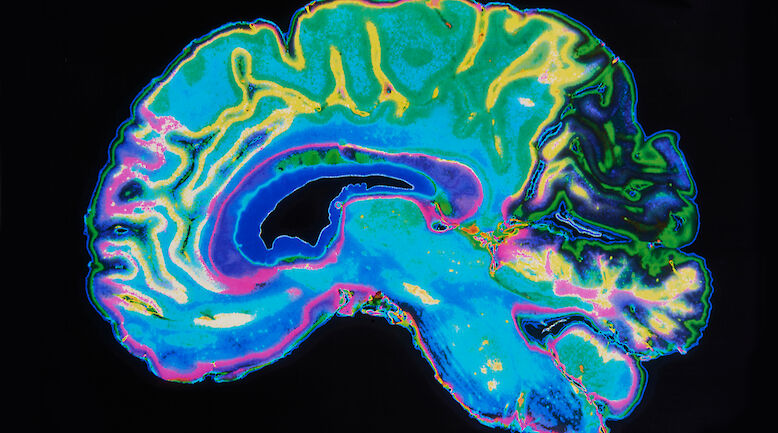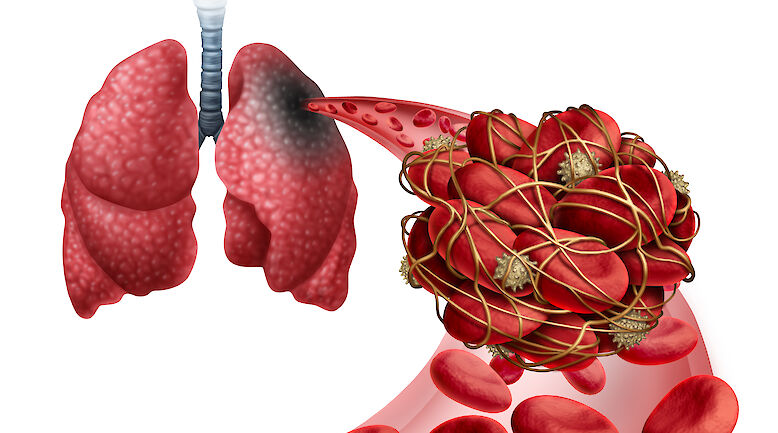English summary: WorkOptimum questionnaire helps to detect memory and cognitive symptoms among working people

Background
Memory and cognitive symptoms in working life reflect individual stress. Cognitive symptoms experienced during working life double the risk of memory disease in later life. Occupational health care has not previously had a sensitive tool for the early detection of memory and cognitive symptoms. The aim of the present study was to assess the usefulness of the WorkOptimum questionnaire in the early detection and follow-up of memory and cognitive symptoms among working people.
Methods
This was a prospective follow-up questionnaire study in an information technology company. The WorkOptimum-questionnaire was sent to 180 employees. All questionnaires returned (133/180=73,9%), were analysed individually and feedback was given. The second intervention was an appointment with the occupational health care (OHC) nurse for all those employees who complained about memory or cognitive problems or obrtained an abnormal result on the WorkOptimum-questionnaire.
The usefulness of the WorkOptimum questionnaire was assessed after 5 months by using a separate self-evaluation questionnaire concerned with coping with work requirements and brain health issues. The WorkOptimum questionnaire was administered again after 18 months. Variables in the study were WorkOptimum index, cognitive symptom index and the number of OHC visits and sickness absence days. The WorkOptimum index classifies people into four categories: normal, at risk, high risk and exhausted. Statistical analyses, such as logistic regression, t-test, analysis of variance, chi square and correlation tests, were done.
Results
Ninety percent of those answering the inquiry into the usefulness of the intervention thought that the WorkOptimum questionnaire made them think about factors affecting their cognitive performance at work. Especially those belonging to the at-risk, high-risk or exhausted groups according to the WorkOptimum index did actually seek medical help. An unfavourable WorkOptimum index was associated with sickness absences, visits to the OHS, incapability to plan and organize work and the need to recover from work. In addition, the WorkOptimum index predicted subjective memory complaints in the at-risk, high-risk and exhausted groups within the following 1,5 years.












